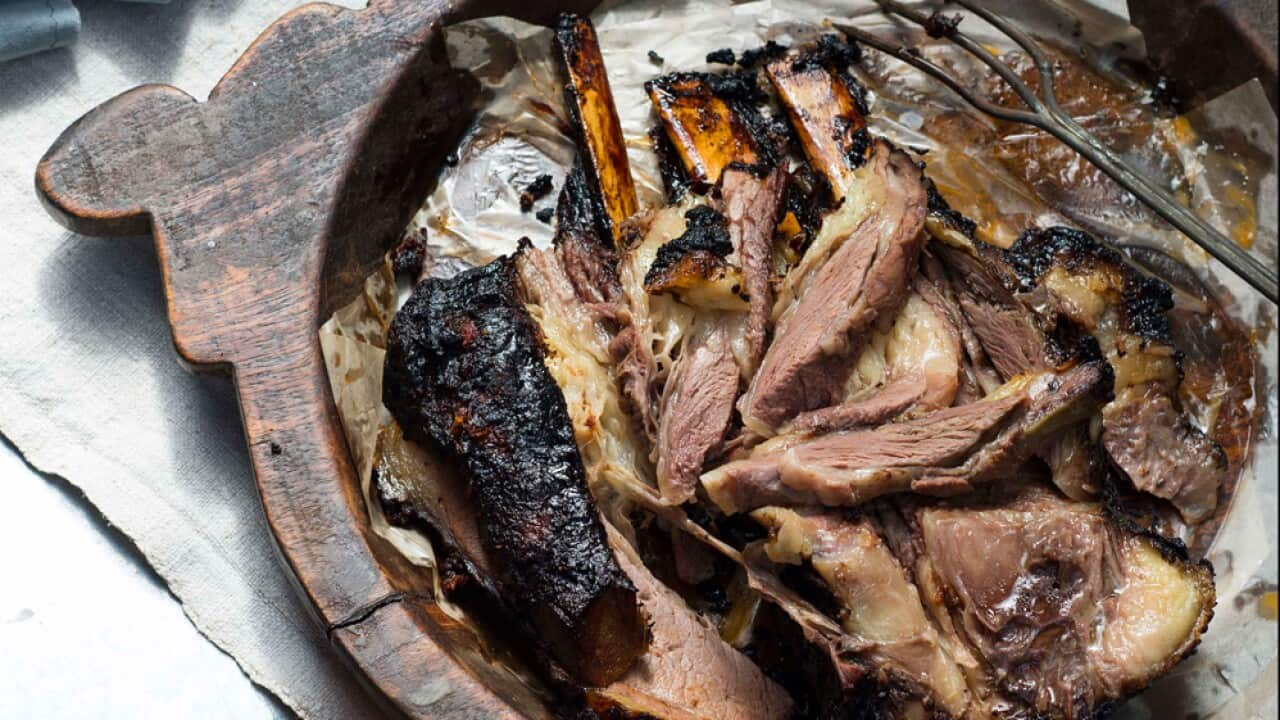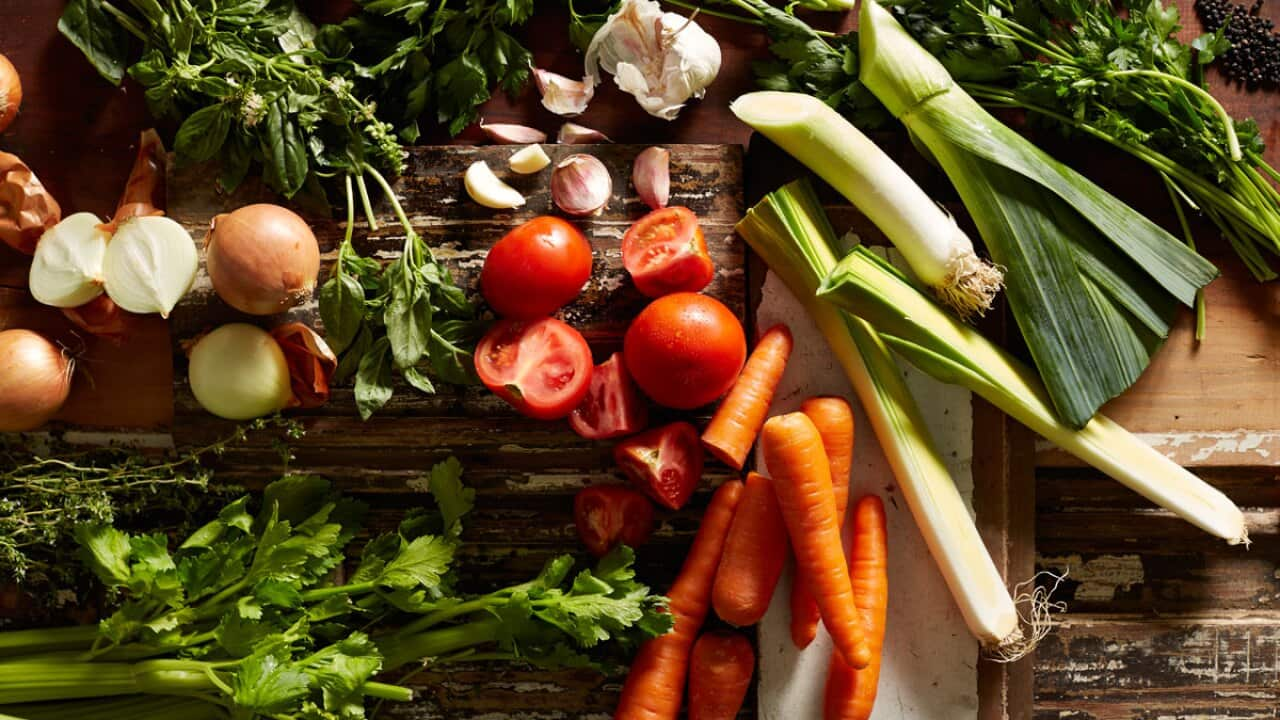1. White is alright
There’s little evidence chicken and other white meats pose a health risk, so the question is really ‘Should I eat red and processed meat?’. For the record, red meat includes beef, lamb and pork, while processed meat refers to salted, smoked and preserved foods, such as salami, sausages and bacon.
2. Meat isn’t all bad
Animal products have received many an unfavourable rap since the 1950s – sometimes for good reason – but it’s important to note, meat has plenty of redeeming qualities. The food is a high source of protein, iron, B12 and zinc. These nutrients help your body repair itself, promote healthy blood cells which transport oxygen around the body, and assist with hair and nail growth, and wound healing.
3. Daily intake and British (in) excess
It’s recommended we eat 60-70 g (or less) of red meat per day. Around 25 per cent of adult male population in Britain eat twice this advised amount. What does 130 grams of meat look like? A couple of bits bacon for breakfast, then a burger in evening, or simply a hefty steak or pork chop.
4. What’s so bad about meat, anyway?
Studies have shown high intakes of red and processed meat are associated with cardiovascular disease, diabetes and hypertension. Conversely, vegetarians are deemed to have a lower risk of heart attack and cardiovascular disease. Saturated fat found in animal sources has traditionally been considered the underlying cause of these meaty health risks.
Recommended reading

Eat well: The risks of red meat
5. But maybe fat isn't the culprit
Meat contains a compound called L-Carnitine which reacts with gut bacteria to produce another compound called TMAO. The latter likes to cling onto fat, slowing down the removal of cholesterol and basically clogging our arteries. Suffice to say, the jury’s still out on what exactly it is in meat that increases our risk of cardiovascular problems.
6. So what are the risks of a meat-rich diet?
A study from Harvard University has shown that one extra portion of unprocessed red meat per day (that is, on top of the recommended 60 grams), equates to a 13 per cent increased risk of premature death. An extra 35 grams of processed meat (maybe two rashers of bacon?) delivers a heightened risk of 20 per cent.
7. Charcuterie lovers, we have some bad news
Alas, cured meat is far from curative. Curing rubs require a great deal of salt, which can lead to hypertension and cause cardiovascular disease. Worse still is the sodium nitrate. This ingredient kills the bacteria in meat - making it great for curing - but in a stomach environment, nitrate reacts with amino acids and produces the chemical compound nitrosamine, which enters the intestinal tract, reacts with cells and tissues and may initiate the cancer process. Solid evidence is still to come.
8. Say hello to smoker’s lungs
It’s a surprising fact that the chemicals we generate while smoking cigarettes (poly-aromatic hydrocarbons) are also produced during the meat-smoking process. Known as PAHs, these chemicals can be absorbed by the body.
9. Advantages to being Adventist
Californian Seventh day Adventists are central to one of the largest studies into the effects of diet and lifestyle on health. Members of this religious denomination live considerably longer than the average American. Why might this be so? Adventists are encouraged to adopt a vegetarian diet.
10. And the take home is…
It’s becoming more and more evident that red meat should be a ‘sometimes’ food - to eat occasionally and in moderation. As our sage Michael Mosley attests, “The evidence suggests that eating up to say a hundred grams every so often is not going to do you any harm. [But] I think I’d prefer to eat more vegetables, vegetables, vegetables.”
Adapted from the documentary Michael Mosley: Should I Eat Meat?





